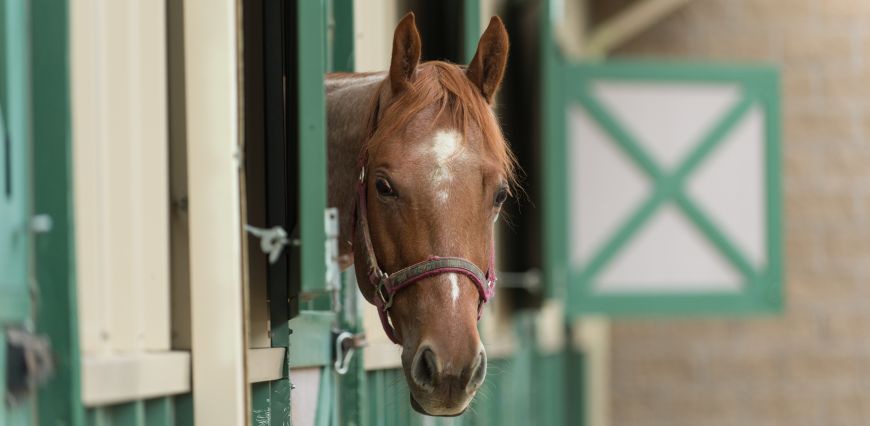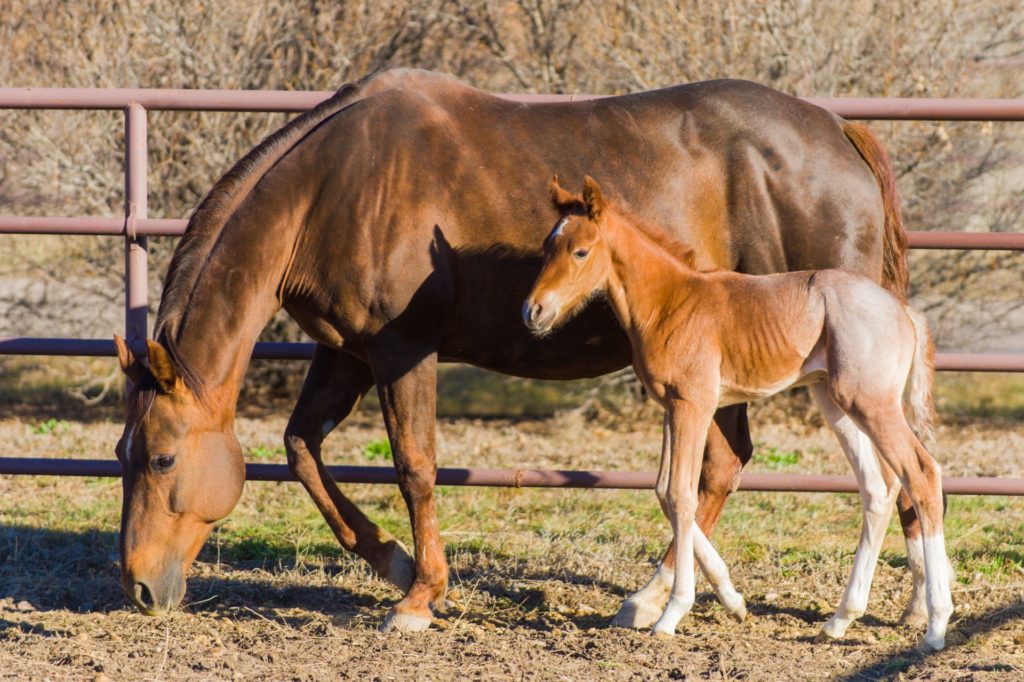
Late summer is peak transmission time for West Nile virus, and public-health agencies often report the first confirmed infections in humans and horses in August each year. The incubation period for the mosquito-borne virus is up to two weeks, so West Nile cases typically continue to rise even as mosquito season winds down in early fall.
During the 2016 season, Larimer County in northern Colorado has been an unusual hotbed of West Nile virus infection, likely because of factors including weather, mosquito populations and levels of infection in birds, which act as reservoirs for the virus.
The news serves as an important reminder for all horse owners – both now and next summer: Protect horses from potentially fatal infection with vaccinations and concerted, ongoing efforts to reduce mosquito populations, Colorado State University veterinarians and infectious-disease experts recommend.
“Strict insect control is an important factor to inhibit the transmission of West Nile virus,” agreed Dr. Keith Roehr, state veterinarian for Colorado.
Below are steps horse owners may take to prevent West Nile infection.
Reduce exposure to mosquitoes
- When possible, stall horses during peak mosquito activity, at dawn and dusk.
- Eliminate areas of standing water on property, dispose of discarded tires, and change birdbath water and water in tanks for horses at least weekly.
- Use fans on horses while stabled.
- Use insect repellants designed for horses. A fly sheet and fly mask will minimize your horse’s exposure to mosquitoes.
- Use incandescent bulbs around the perimeter of the stable.
- Remove any dead birds found on the property, as birds are part of the virus cycle. To pick up a bird, use rubber gloves or a plastic bag turned inside out. For information on testing of birds for West Nile Virus, contact your public health office.
Vaccinations for West Nile Virus

There are currently four licensed vaccine formulations available for use in horses based on efficacy and safety studies for protection against West Nile Virus. “West Nile is one of our core vaccines, so most people vaccinate here,” said Dr. Luke Bass, a veterinarian with CSU’s Equine Field Service. The American Association of Equine Practitioners recognizes the West Nile Virus vaccine as a core vaccination for all horses regardless of geographic location.
Though the West Nile Virus vaccine is commonly used in horses, vaccination is just one part of the preventive strategy; methods to reduce mosquito exposure should be employed at the same time. Vaccination against other causes of equine encephalitis (eastern equine encephalitis, western equine encephalitis, and Venezuelan equine encephalitis) does not protect your horse against West Nile Virus.
The initial West Nile vaccination or booster vaccine must be given prior to exposure to the virus and your horse should be vaccinated well in advance of mosquito season. Consult with your veterinarian to determine the best vaccination protocol for your horse depending on previous vaccination history and virus and mosquito activity.
Vaccinations for the pregnant mare
It is important to consult your veterinarian to determine the best method of protection against West Nile Virus for broodmares. Several of the West Nile vaccines have been given to pregnant mares without observed adverse outcomes. As a general recommendation, reproductive specialists suggest avoiding vaccines of any kind in the first 40 days of pregnancy.
Diagnosis and treatment of West Nile Virus
Clinical signs of West Nile infection include fever, incoordination, muscle twitching, head pressing, hyper-excitability, anorexia, lethargy, recumbency (lying down), and death.
Diagnosis of West Nile Virus is made by noting the clinical signs and by positive diagnostic tests on blood or cerebrospinal fluid.
Treatment is primarily supportive, with anti-inflammatory drugs and fluids. Some horses may require hospitalization and assistance with a sling in order to remain standing. Products that provide antibodies to West Nile Virus are available, and the use of these products in equine cases should be discussed with your veterinarian.
Frequently asked questions:
Should I vaccinate my horse for West Nile Virus?
Yes, work with your veterinarian to determine the optimal plan for your horse.
Can I vaccinate my mare if she is in foal?
Yes, work with your veterinarian to determine the optimal plan for your mare.
How old should a foal be to receive the vaccine?
Recent research has shown that foals 3 months of age can be safely vaccinated against West Nile, and will subsequently build an immune response. If your foals are in a high-mosquito area, you may want to vaccinate them as early as 3 months for this disease.
Can a horse infected with West Nile Virus infect horses in neighboring stalls or infect me?
No, the virus is spread through the bite of an infected mosquito, not by contact with an ill horse.
Find current information on West Nile Virus here:
Centers for Disease Control and Prevention
Colorado Department of Public Health and Environment
American Association of Equine Practitioners
Colorado State University James L. Voss Veterinary Teaching Hospital, 300 W. Drake Road, Fort Collins, Colorado, 80523; (970) 297-5000; csu-vth@colostate.edu
Equine emergencies: 24 hours a day, 7 days a week, (970) 297-5000
Equine Internal Medicine appointments: Monday-Friday 8 a.m.-5 p.m., (970) 297-4472
Equine Field Service appointments: Monday-Friday 8 a.m.-5 p.m., (970) 297-4472